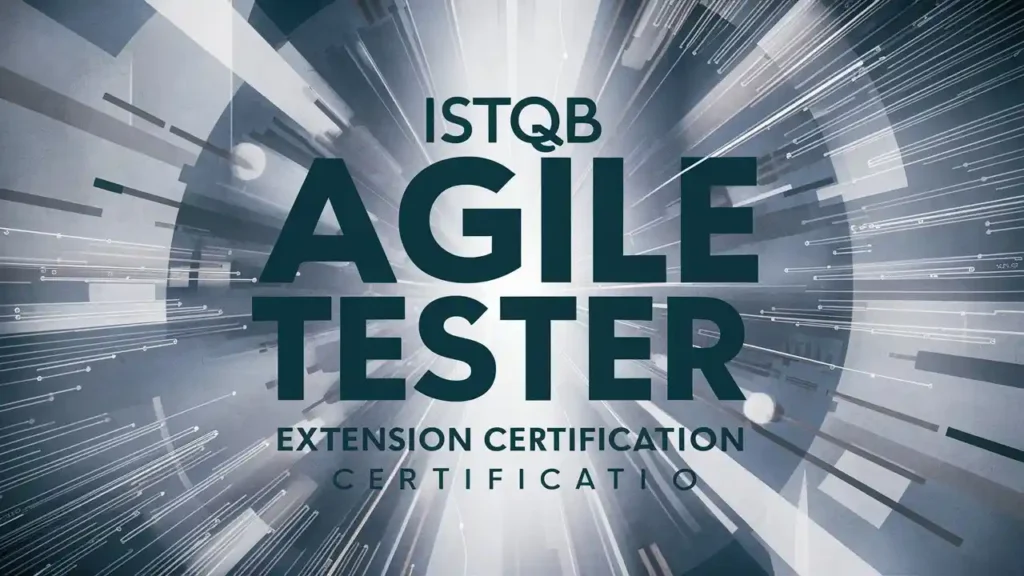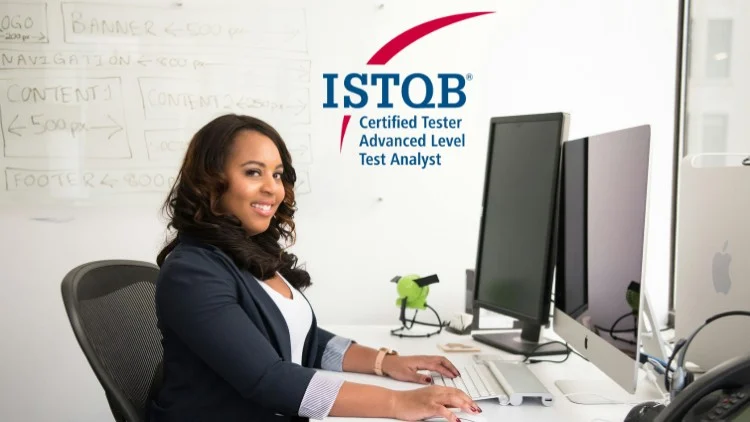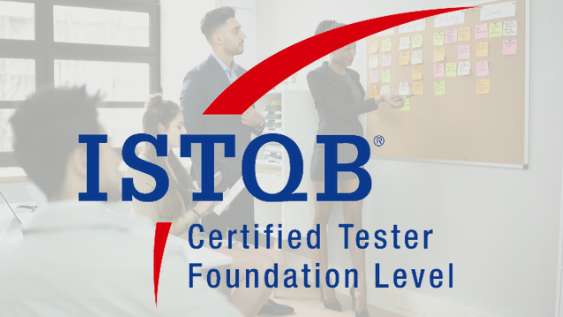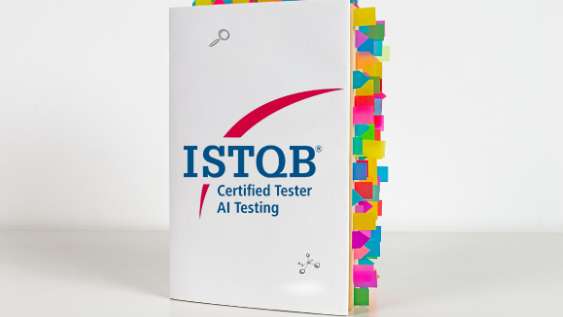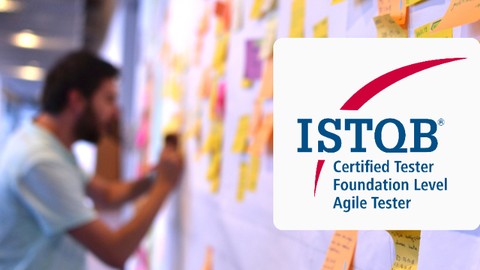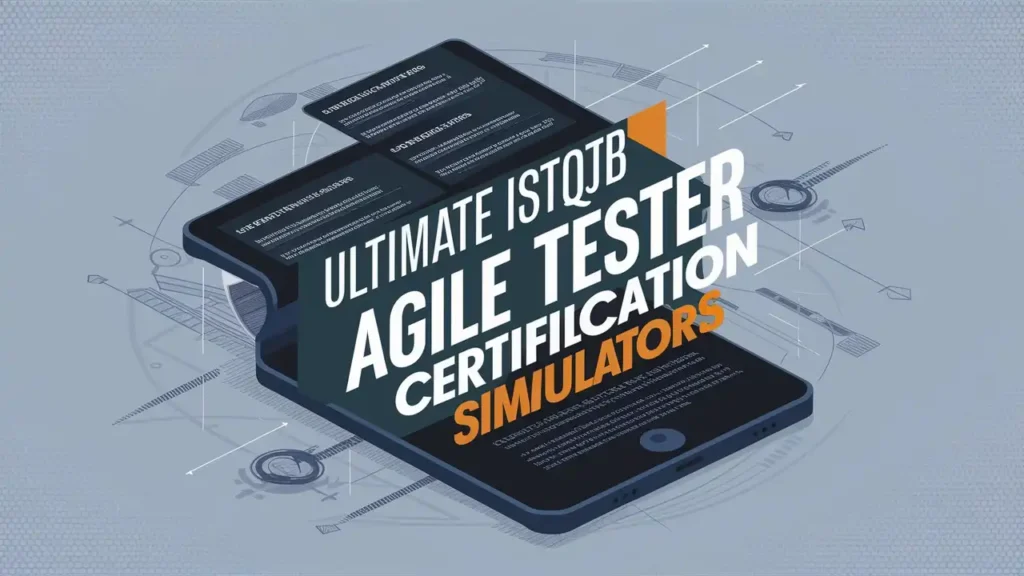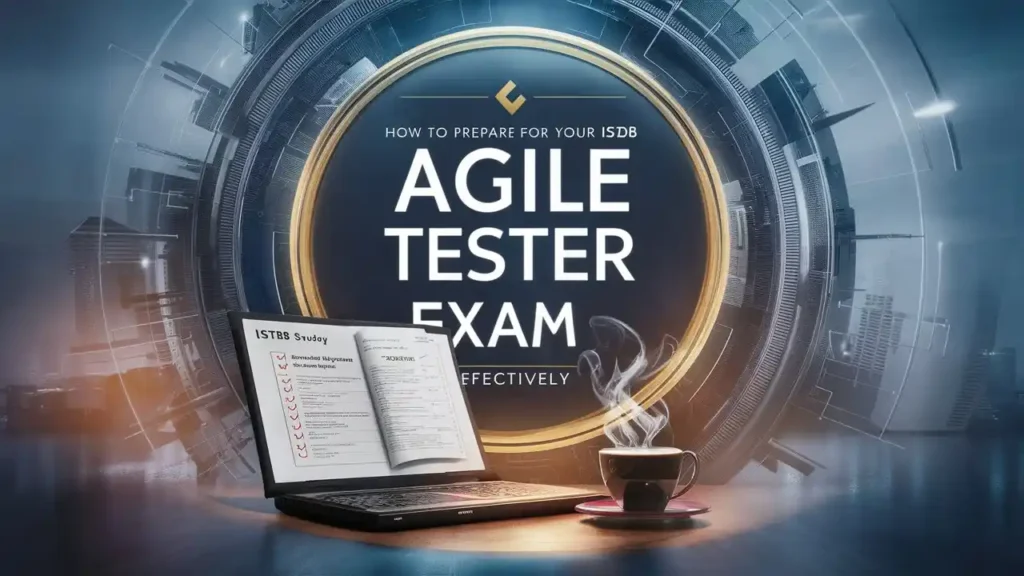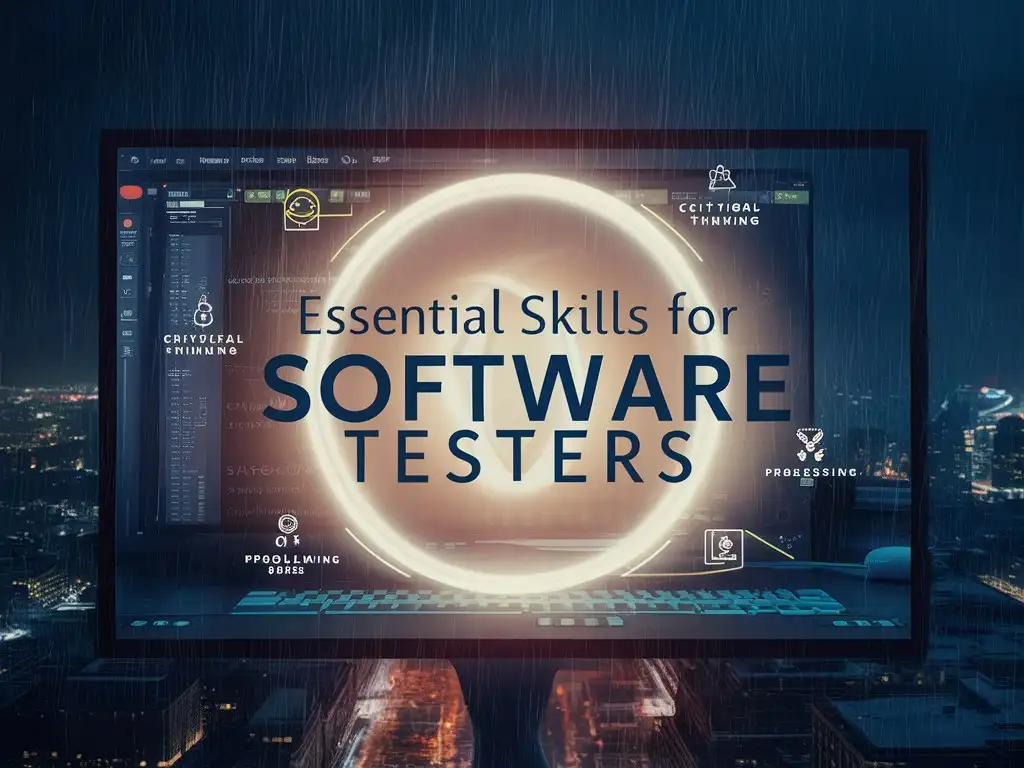In the ever-evolving world of software testing, one certification stands out for its practical applicability in today’s fast-paced, iterative development environment: the ISTQB Agile Tester Extension Certification. Agile methodologies have become the standard in software development, and testers need to adapt to these methodologies to effectively contribute to Agile teams and deliver high-quality software. The Agile Tester certification provides the skills and knowledge to excel in Agile projects and is highly relevant to real-world software testing challenges.
In this blog, we’ll explore why the ISTQB Agile Tester Certification is practical for real-world testing, its benefits, and the specific knowledge and skills it imparts to testers working in Agile environments.
Why ISTQB Agile Tester Certification is Practical for Real-World Testing 🚀
Alignment with Industry Trends 📊
Agile methodologies, including Scrum, Kanban, and Lean, have gained massive traction in the software industry. According to a 2023 survey by VersionOne, over 71% of organizations worldwide have adopted Agile practices. This widespread adoption means that Agile testers are now in high demand, as Agile workflows are integral to modern development teams.
The ISTQB Agile Tester certification ensures that testers understand how their role fits into Agile environments. Whether you’re working with Scrum teams or in a Kanban-driven environment, this certification equips you with the knowledge of how to integrate testing into Agile workflows, ensuring that you can deliver quality software in fast-paced, iterative cycles.
In Agile projects, testing is not a separate phase but an ongoing process that runs in parallel with development. This constant integration and collaboration make the Agile Tester certification particularly practical for real-world testing. For more preparation, you can explore ISTQB Certified Tester Foundation Level Practice Exams to solidify your foundational skills.
Focus on Collaboration 🤝
One of the defining features of Agile environments is the close collaboration between various stakeholders. Agile testing emphasizes teamwork between developers, testers, product owners, and other key participants. This collaboration is crucial because in Agile, everyone works towards a common goal—delivering a high-quality product iteratively.
The ISTQB Agile Tester certification teaches testers how to effectively work in cross-functional teams. It emphasizes continuous communication, feedback loops, and the role of testers as part of a unified team rather than isolated entities.
For example, in a Scrum project, a tester might attend daily stand-ups, participate in sprint planning, and work closely with developers to ensure quality is maintained at every stage. Collaboration and flexibility in real-time are key aspects of this certification, which makes it highly applicable to real-world projects. If you’re preparing for the exam, you might also benefit from ISTQB Agile Tester Certification Practice Exams.
Practical Testing Techniques 🧑💻
The ISTQB Agile Tester certification covers practical testing techniques that are tailored for Agile environments. Some of the key techniques include:
Writing and Executing Test Cases in Short Iterations: In Agile projects, testing is done in short cycles, often referred to as sprints. Testers need to write and execute tests quickly to keep pace with the development team. This certification teaches you how to structure tests for short iterations and how to manage feedback efficiently.
Using Test Automation to Support Continuous Integration: Agile projects require continuous delivery, and automated testing plays a crucial role in ensuring code is tested quickly and efficiently. The certification covers the use of automation tools such as Selenium and Cucumber to streamline testing efforts and reduce the time between development and deployment.
Exploratory Testing: Since requirements in Agile projects can change frequently, exploratory testing allows testers to explore the application and identify issues dynamically without predefined scripts. This approach is crucial in adapting to evolving project requirements.
Additionally, you can explore ISTQB Advanced Level Practice Exams to challenge your skills in more advanced testing scenarios.
Real-World Tools and Practices ⚙️
To truly prepare testers for real-world scenarios, the ISTQB Agile Tester syllabus includes the use of tools and practices commonly used in Agile projects. These tools help testers collaborate more effectively, track progress, and manage defects, such as:
Test Management Tools: Tools like Jira and TestRail are widely used in Agile projects to track test cases, manage defects, and communicate with team members. The Agile Tester certification ensures that you are familiar with these tools and can use them effectively in a project setting.
Automation Tools: Automation tools like Selenium, Cucumber, and Appium are staples in Agile testing, helping teams automate regression tests and integrate them into CI/CD pipelines. The Agile Tester certification provides practical knowledge on how to integrate automated tests into continuous integration workflows.
CI/CD Pipelines: The ISTQB Agile Tester certification also covers Continuous Integration and Continuous Delivery (CI/CD) practices, which have become central to modern software development. CI/CD pipelines allow teams to deploy software more rapidly while ensuring that all components have been thoroughly tested.
Problem-Solving in Dynamic Environments 🧩
In Agile projects, requirements often evolve, deadlines are tight, and changes happen rapidly. This dynamic nature of Agile projects means that testers must be highly adaptable. The ISTQB Agile Tester certification prepares testers to handle these challenges by focusing on:
-
Adaptability: In Agile, a tester needs to constantly adjust their testing approach based on changing requirements and feedback from the team.
-
Risk-Based Testing: Agile projects prioritize features based on value and risk. Testers need to identify the most critical areas to test first, balancing testing efforts with the time available.
-
Delivering Value Incrementally: Testers in Agile need to ensure that they are continuously delivering value with every release. This includes providing quick feedback and ensuring that the software is always in a deployable state.
Who Should Pursue the ISTQB Agile Tester Certification? 🎯
The ISTQB Agile Tester Extension Certification is ideal for various types of professionals:
Testers Working in Agile Teams: If you’re already working in an Agile environment, this certification will enhance your ability to contribute effectively to Scrum and Kanban teams.
Traditional Testers Transitioning to Agile: If you have experience in waterfall or traditional testing environments, the Agile Tester certification helps you transition to an Agile mindset and work effectively within Agile teams.
QA Professionals Seeking Career Growth: Agile expertise is in high demand across the industry. Earning the Agile Tester certification can lead to career advancement opportunities, such as Agile Test Lead or QA Manager.
You can also take practice exams like AI ISTQB Testing Certification Practice Exams to prepare further.
What to Expect from the Agile Tester Certification 📝
The ISTQB Agile Tester Extension certification is designed to be both practical and challenging. Here’s what you need to know:
-
Prerequisite: To pursue the Agile Tester Extension, you must already have the ISTQB Certified Tester Foundation Level (CTFL) certification.
-
Exam Format: The exam consists of 40 multiple-choice questions.
-
Duration: You have 60 minutes to complete the exam (75 minutes for non-native English speakers).
-
Passing Score: A score of 65% (26 out of 40 correct answers) is required to pass.
-
Syllabus: Topics covered in the exam include:
-
Agile software development principles
-
Testing in Agile projects
-
Agile testing methods, techniques, and tools
-
Roles and responsibilities of testers in Agile teams
-
How to Prepare for the Agile Tester Certification 🧑🏫
Here’s how you can effectively prepare for the ISTQB Agile Tester Extension Certification:
Understand Agile Principles 📚
The first step in preparing for the Agile Tester certification is familiarizing yourself with the fundamental Agile principles. Understanding frameworks like Scrum, Kanban, and Lean will give you the foundational knowledge you need to succeed in the exam.
Study the Syllabus 📖
Carefully review the ISTQB Agile Tester syllabus to understand the key topics and ensure you’re studying the right material.
Gain Hands-On Experience 💼
Nothing beats real-world experience. If possible, participate in Agile projects to apply what you’ve learned in live environments. This hands-on approach will solidify your understanding and improve your practical skills.
Take Practice Tests 💻
Take Practice Tests 💻 Practice tests are one of the best ways to prepare for the Agile Tester exam. Gururo offers ISTQB Agile Tester practice tests designed to simulate the actual exam and help you assess your strengths and weaknesses.
Join Training Courses 🏫
Consider enrolling in an ISTQB-accredited training course to gain expert guidance. Structured training will provide in-depth knowledge of Agile testing practices and increase your chances of passing the exam on your first attempt.
Why Choose Gururo for Your Agile Tester Preparation? 🌟
At Gururo – Shaping The Future, we are committed to helping you succeed in your ISTQB Agile Tester certification journey. Our Agile Tester practice tests provide:
-
Alignment with the Latest Syllabus: Our practice tests cover the latest topics outlined in the ISTQB Agile Tester syllabus.
-
Realistic Exam Format: Simulate the real exam environment with practice questions that mirror the difficulty and format of the actual exam.
-
Detailed Explanations: Every question is followed by a thorough explanation, helping you understand your mistakes and learn from them.
-
Convenient and Accessible: Our practice tests are available online, allowing you to practice anytime, anywhere.
Final Thoughts 💡
The ISTQB Agile Tester Extension Certification is a valuable credential for software testers looking to work in Agile environments. It equips you with the practical skills, testing techniques, and mindset needed to thrive in real-world software testing scenarios. With the right preparation and commitment, this certification will help you excel in Agile projects and advance your career in software testing.
For further advanced practice exams, explore options like the ISTQB Certified Tester Advanced Level.
Start your preparation today with Gururo’s ISTQB Agile Tester practice tests and take the first step towards becoming a certified Agile testing professional.

